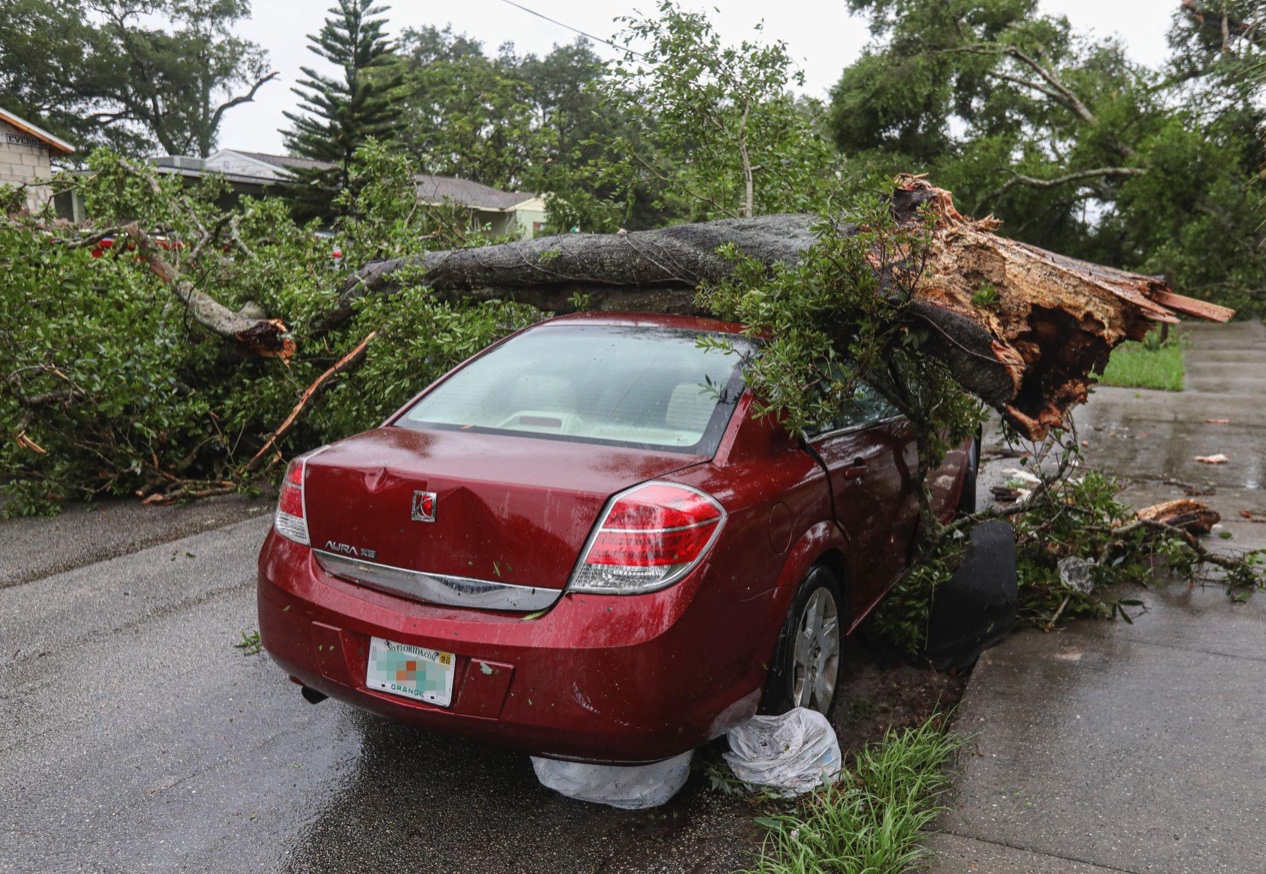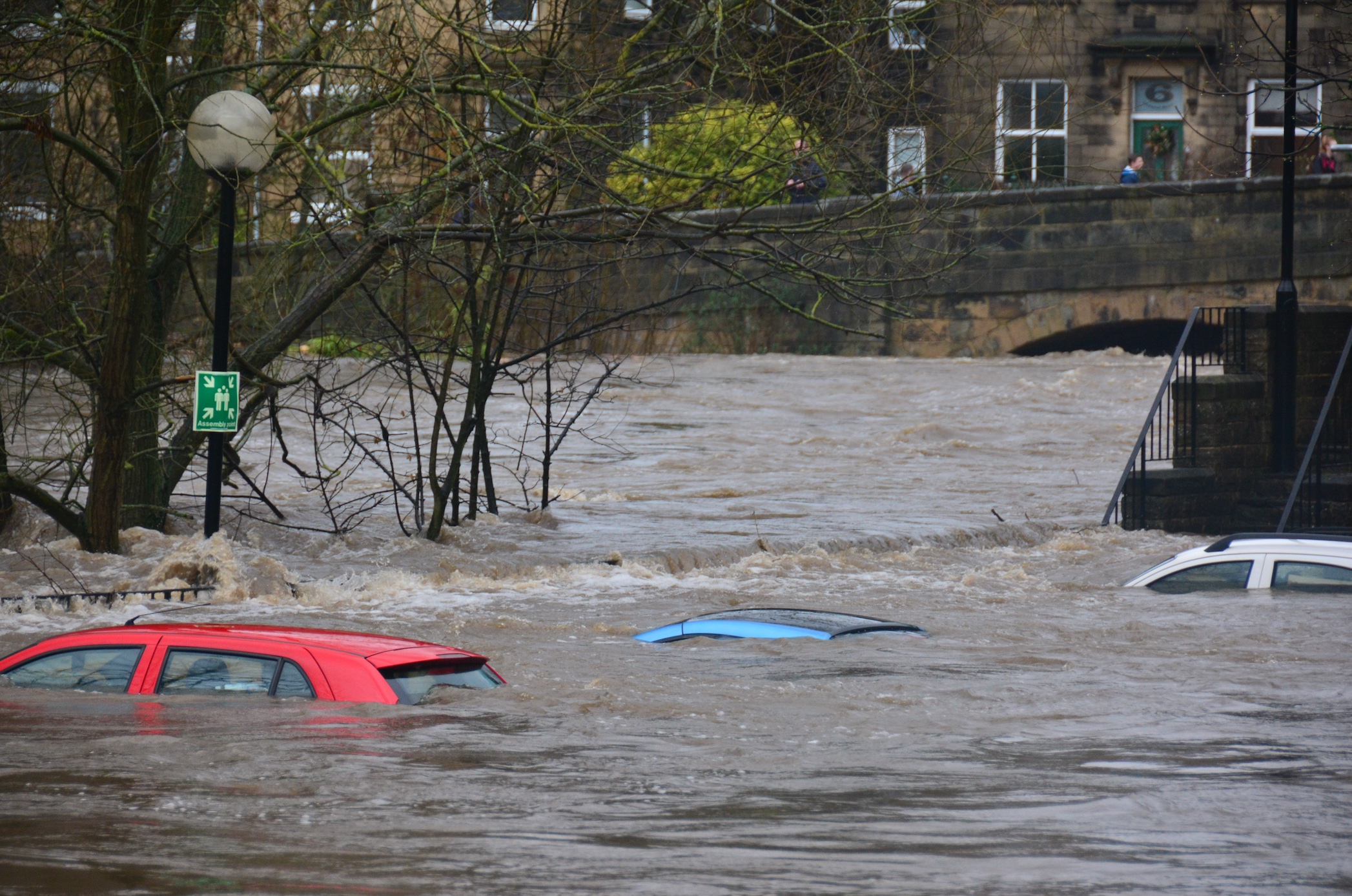When a natural disaster strikes, the damage and destruction left in its wake leaves victims overwhelmed. With the increase in wildfires, bushfires, hurricanes, tornados, and flooding due to climate change and the occasional earthquake, even the best preparation will be inadequate.
People in the process of recovering from these life-changing events also face a myriad of legal issues that may include insurance claims, finances, loan or mortgage repayments, and accommodations.
Legal assistance will be an important tool when tackling the multiple issues to be dealt with and may take the form of negotiation, advocacy, or even assistance in filing claims for available relief programs.
Missing Documents and Replacement
One of the immediate difficulties in a natural disaster is the destruction or loss of personal papers that are fundamental for any other type of action that you will need to take in the wake of the loss of home, income, property, or the injury or death of a family member.
Many people are obliged to abandon homes or businesses with nothing more than what they are wearing or carrying on their person. Vital documents that will need to be replaced immediately include:
- Drivers’ licenses
- Passports
- Birth certificates
- Marriage certificates
These will be essential for the verification of your identity. You may also need to replace any documents regarding health conditions, and finances, as well as property, life, car, and health insurance documents.
Insurance Claims
Among legal issues, insurance claims will be front and center and a priority when attempting to get back on your feet. Filing a claim, whether a homeowner or renter, will be among the most complicated and stressful challenges you face in the immediate aftermath.
Insurance issues include:
- Your insurance papers were destroyed in the disaster
- Who is the Insurance provider and what type of policy do you have?
- Are you underinsured?
- What the policy covers
- The insurance provider requires an itemized list of the property destroyed
Once the process has begun claims may be refused or the insured may not agree with the valuation given by the provider’s assessor.
Debt Issues Including Mortgages
If you lost your business or your home due to a natural disaster and you still owe mortgage payments, this may be further complicated by a loss of income. A loss of income will complicate repayment of any type of loan payment due.
You may need to modify the conditions of a loan or your mortgage owing to financial hardship. As a result of the inability to repay loans, you may find yourself threatened by court action as a complication.
Property Issues

Legal issues regarding properties are numerous following a natural disaster. Consider these property issues that will have legal ramifications:
- Your destroyed home or property was used as security for loans or other mortgages
- You had work done before the natural disaster struck and you still owe the companies or tradesmen that repaired or renovated your property
- If you have made an offer to purchase a specific property and have perhaps paid a deposit only to find it was destroyed in the disaster
- You were selling your property and received an offer prior to the disaster, and your house was damaged, burnt, or destroyed
Accommodation Issues
Housing, especially following a natural disaster, will involve several legal aspects that require urgent attention. You may be renting and have insurance, but need to know specifics such as does renters’ insurance cover water damage or will you need to deal directly with your landlord.
Apart from damage coverage and relative limitations, housing issues may include:
- You are a renter with a contract and the house or apartment is no longer fit for occupancy
- You may want to seek a rent reduction if your apartment or house is partially damaged
- You have renters’ or homeowners’ insurance and want to access additional accommodation funding
Health and Injury Issues
Damage in a natural disaster is not limited to property. It’s entirely possible that you or a family member may suffer injury. Because natural disasters are generally considered “Acts of God” and not caused by man, they may require specific insurance policies when it comes to personal injury.
Some insurance may cover the expenses related to these injuries partially such as medical, homeowner’s or renter’s insurance, but every policy is different.
Preparing for Tackling Legal Issues
Whether you live in a particular geographical area at risk or not, being legally prepared before disaster strikes can put you on sound footing should a worst-case scenario take place.
Important documents should be prepared in a disaster kit to take with you in an emergency. You may opt to keep them in a safety deposit box or prefer to keep copies on your cloud server where they can be accessed from anywhere.
As part of your disaster kit, prepare
- Birth certificates
- Leasing agreements
- Marriage certificates
- Health insurance policies and number
- Medicare number
- All insurance policies
- Deeds
- Mortgage papers
- Bank accounts and credit card numbers
- Passports
- Drivers’ licenses
- Wills
Also, remember to keep your insurance coverage up to date so that you are entitled to request flood, fire, or other damage coverage. Preparing a disaster kit will provide you with the necessary tools to navigate all the legal ramifications of a natural disaster.


Join the conversation!